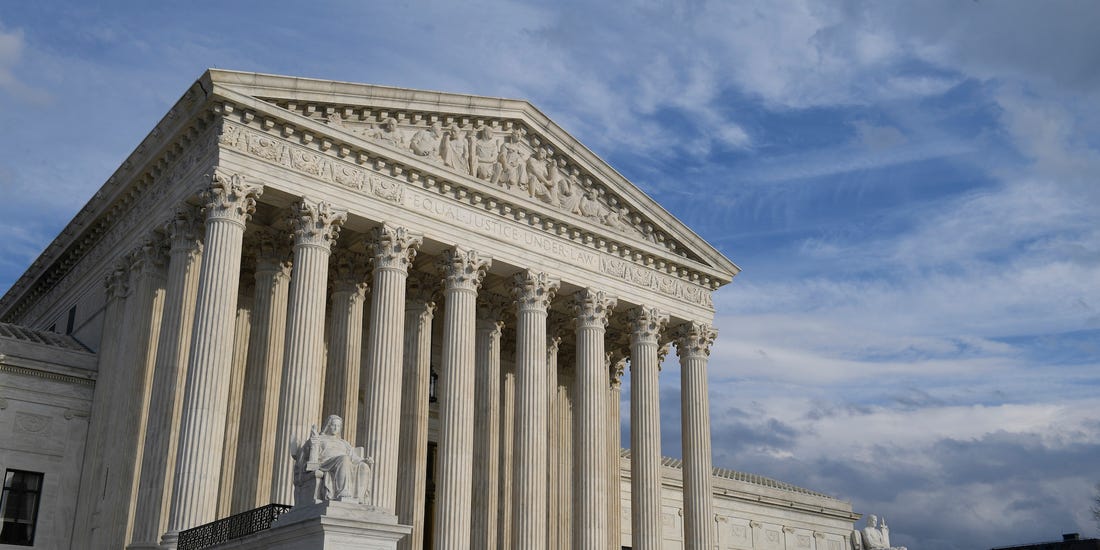
Supreme Court rules in favor of Native American sovereignty in Oklahoma
Justice Neil Gorsuch ruled alongside the Court’s four liberal justices to make up the majority.
On Thursday July 9, the Supreme Court ruled 5-4 that nearly half of Oklahoma is a Native American reservation when it comes to matters of criminal justice.
The decision prevents the state from being able to prosecute offences on the Creek nation reservation that involve Native Americans.
The case before the court, McGirt v. Oklahoma, concerned a man named Jimcy McGirt, a member of the Seminole Nation of Oklahoma, who was convicted of sex crimes against a child on Creek land.
McGirt argued that the state lacked jurisdiction in the case and that he be retried in federal court.
The Supreme Court ruling means that for the first time, much of eastern Oklahoma is legally considered to be reservation land.
Conservative Justice Neil Gorsuch wrote the ruling, joining the court’s four liberal justices in the majority.
Gorsuch referenced the complex historical record that began with the forced relocation of Native Americans by the U.S government from 1831-1877, known as the “Trail of Tears.”
During President Andrew Jackson’s administration, the Native American nations Cherokee, Creek, Chickasaw, Choctaw, and Seminole were forced from their ancestral homelands to a designated zone in the West.
During the traumatic journey that lasted almost three months, thousands of Natives lost their lives.
RELATED CONTENT
“On the far end of the Trail of Tears was a promise. Forced to leave their ancestral lands in Georgia and Alabama, the Creek nation received assurances that their new lands in the West would be secure forever,” Gorsuch wrote.
Chief Justice John Roberts wrote the dissenting opinion, stating that the previous domains of the tribes were “extinguished” and the state of Oklahoma has maintained jurisdiction of the land for over 100 years.
But Gorsuch stood strong in his argument, writing “the federal government promised the Creek a reservation in perpetuity.”
He explained that as time went on, Congress has diminished their reservation, but it never withdrew their promise.
The National Congress of American Indians (NCAI) and Native Americans Rights Fund released a statement on Thursday in support of the Court’s decision.
“This morning NCAI joins the rest of Indian Country in congratulating the Muscogee (Creek) Nation and proudly asserting that its land remain, and will forever be considered, Indian country, as guaranteed by their treaty relationship with the United States,” said NCAI President Fawn Sharp.
Democrats on the House Energy and Natural Resources Committee tweeted that the ruling is a “step towards making amends for centuries of paternalism, violence & neglect towards Native Americans.”











LEAVE A COMMENT: